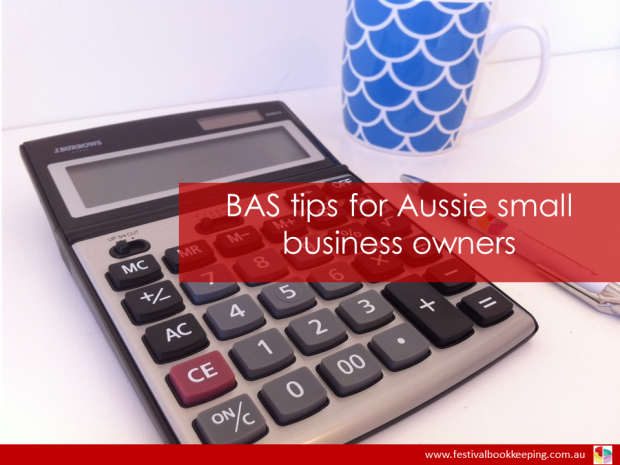
So this is a subject that I feel strongly about. Something I’ve had the misfortune of experiencing recently.
I have a couple of questions worth thinking about.
If your laptop was stolen, what would be the impact on your clients? What would be the impact on you personally and your business?
Would you lose all your marketing materials, invoices, expensive promotional photos, business plans, written procedures, client testimonials, eBooks, training materials?
Would your client’s confidential information be released out into the big wide world? What would your client’s reaction be? Would your business even recover from that?
Would you lose personal photos that you never got around to printing?
If your laptop gets stolen you don’t, unfortunately, get to choose the day it’s going to happen. You don’t get to say “well I think my laptop might disappear into the hands of strangers tomorrow so tonight I’ll run a backup”.
Backing-up data daily has been a part of my routine from day 1 of working for a hire company here in Adelaide many years ago. They ran a tight ship and I’m glad for that great foundation right from the beginning.
Things to do today:
- Buy a couple of USB’s. Label them. Make a copy of everything on your laptop regularly. Put the USB’s somewhere safe (taking a copy off-site means you still have a copy if you get fire or water damage in your office).
- Consider backing up to the cloud as well.
- Run a search in File Explorer for “password”. Have you got documents that contain passwords for you or your clients? Change the word “password” to something else.
- It goes without saying you shouldn’t have a document actually called “passwords’!
- Log into all your websites that require a password. So emails, accounting software, online banking etc. Ensure that none of the passwords are stored. I know it’s a right pain having to remember every different password (but I still hope you’re not using one password for everything, right?).
- Set up a password for initial access to your iPad and laptop, so that it’s difficult to even get past that first login screen.
- Lock-up filing cabinets and paper shredders are a must if you have confidential client information in your office.
If you’re like me you may be security conscious when going away for the weekend and you probably also make sure you don’t leave technology in the car when you run into the shops, but what I didn’t realise was just how common home and office break-ins are during broad daylight. School pick-up time is a common one! Not a nice experience for anyone.
Please back-up, lock-up and password protect.
Happy bookkeeping…
Sarina
P.S. I often share small business tips on Facebook and Instagram – just search for Festival Bookkeeping. Look forward to seeing you there.
More free resources for small business owners:
- My 3 favourite productivity tips
- When’s the right time to hire a bookkeeper?
- Save Time & Remove Doubt with your Bookkeeping








